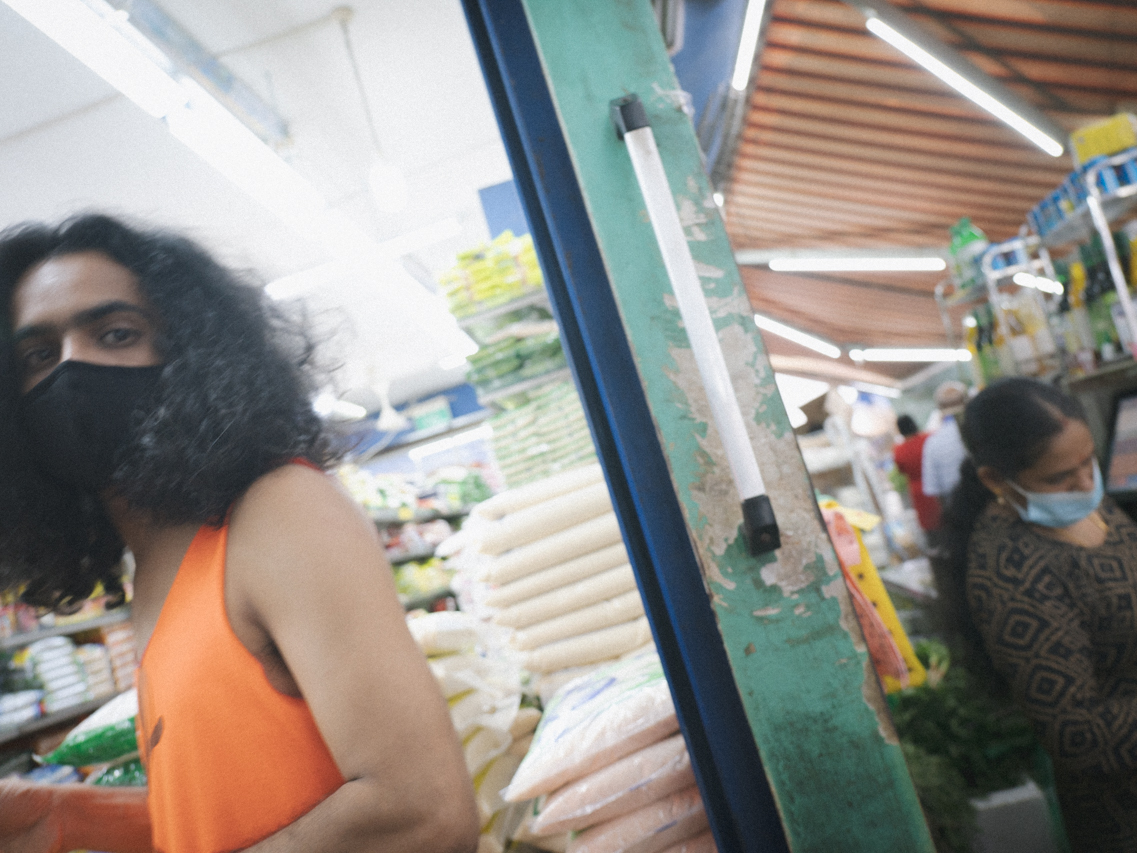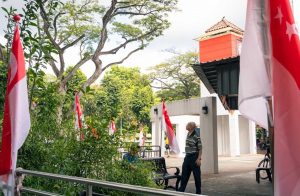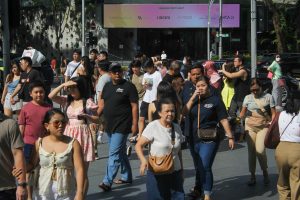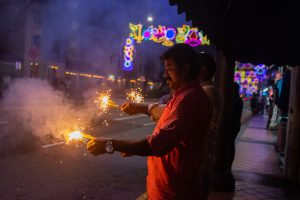All images by Zachary Tang.
“Indians not allowed, thank you.”
This was what an agent said to me back in April, when I was looking for a new home here in Singapore. Trouble is, this wasn’t even an isolated incident. Before long, I had to either start looking for houses owned by Indian families, or give a caveat to agents beforehand that I am, in fact, Indian.
I felt bad, of course. But more than that, I felt pity for these people for having such mindsets even in this day and age.
(Coincidentally, my Swedish housemate finally found a house for us which was apparently owned by an Indian man, and I indulged myself in the house shifting and tried to forget these racist experiences that I’ve accumulated over this two-and-a-half-year long stay in Singapore.)
Racism—it’s not always in plain sight. But one can still sense it in the everyday.
In that look in the eyes of one person. Or a smile returned with hostility during a walk in the park. You sense it behind sugar-coated words, especially when you try to have an open discussion about it. Even if it’s not always put in words, you can sense it.
All that said, if you ask me if I think Singapore is a racist country, my answer would still be a big no.
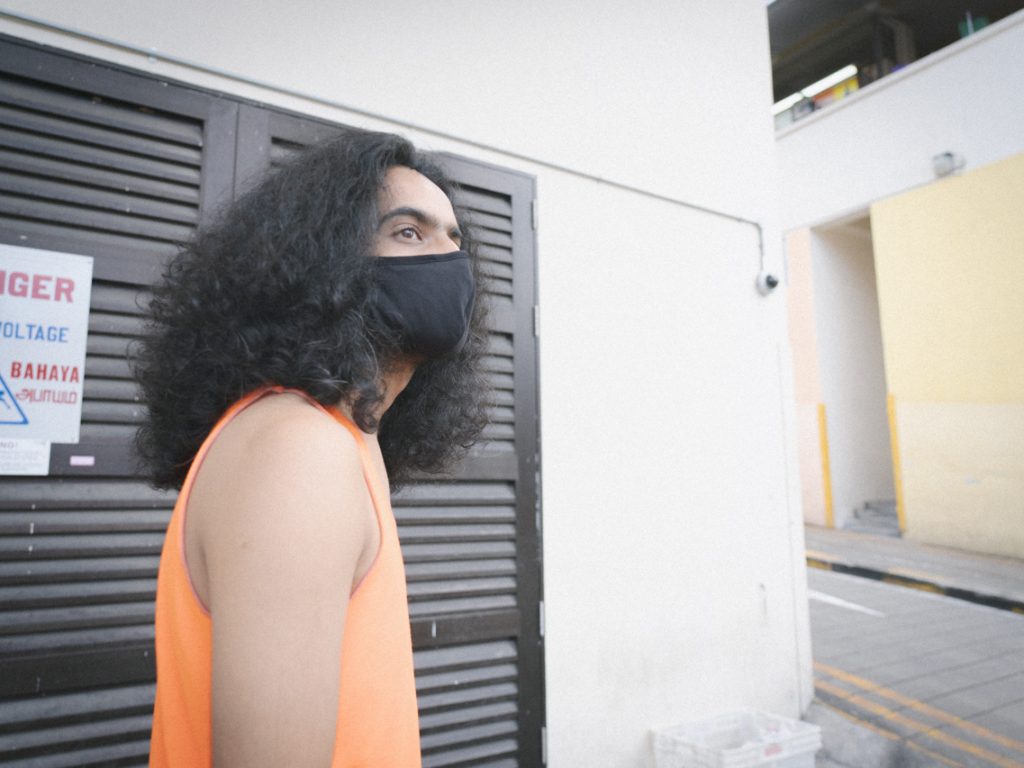
A friend of mine from India was having lunch with his Chinese girlfriend (from Hong Kong) at an Indian restaurant one day. Out of nowhere a middle-aged, Singaporean Chinese lady leaned over and said something to her in Mandarin, in a low tone. His girlfriend snapped in response that it was none of her business. A long silence followed.
When my friend asked what the matter was, she told him that the lady informed her that “Indian men are not trustworthy, you know, so be careful.”
I mean, my friend is no Casanova or Picasso. He ain’t no John Wilkes or Peter the Great. He comes from India, but he ain’t no Maharaja Bhupinder Singh. He’s just a simple-looking, decent, brown middle-class student. I wonder if it was an Italian, Russian, Spanish, or any white guy in his place—would he have been greeted with such judgement?
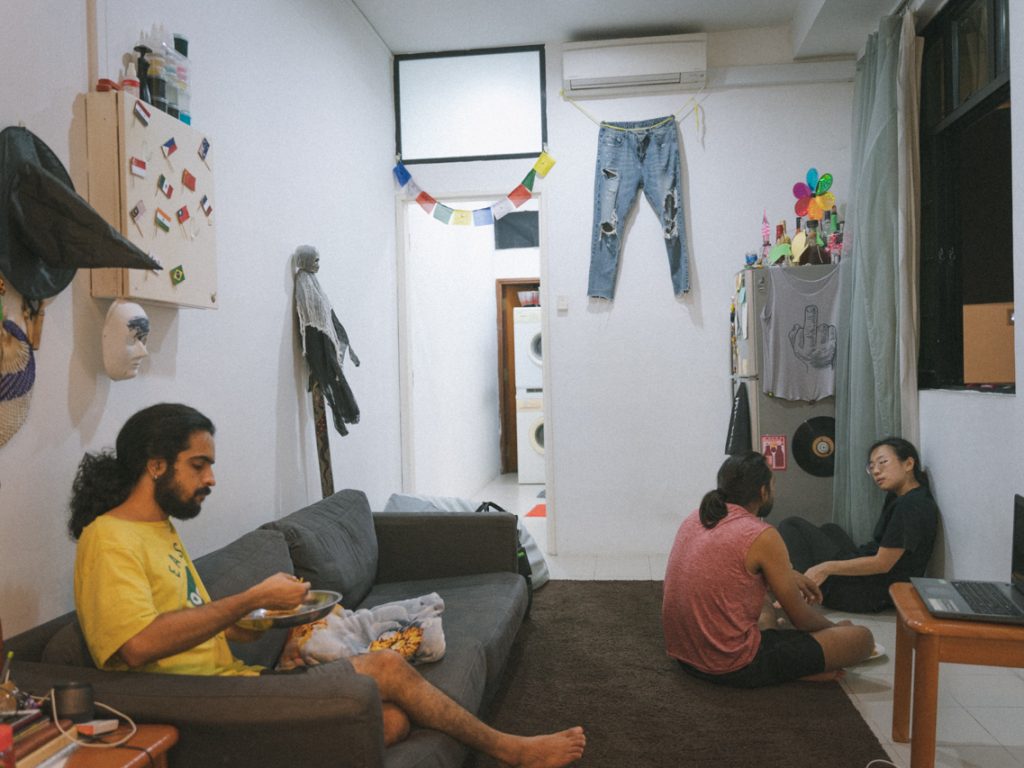
I find it funny because maybe my guy’s just got tough luck. The other day, we were running late for work and rushing down an escalator when his hand brushed the hand of a Chinese woman who looked to be in her late 50s. Which he apologised for, twice. This is what she shouted back.
“Fuck off, you people do this intentionally, I will take you to the police!”, she yelled, trying to kick him. He mentioned that there were cameras around and he wouldn’t mind going to the police if she wanted. She lost her temper even more and started blabbering in Mandarin.
Throughout this entire ordeal, what stood out most was that not it was not just us — even fellow Singaporeans around could sense that she was being unreasonable and nobody paid any attention to her.
From these incidents, one can see that it takes a whole nation to make for a multicultural, interracial, peaceful society. But it takes just a few frustrated, inhumane, and unreasonable people to make us look like a racist country.
Singapore is a vibrant country to me and has those attributes that make me love it like my own country as well. Like India, it is colourful; it is home to people of multiple nationalities, faiths, and interests. It is full of nature, heritage, and art; it has a rich history in its struggle for freedom. I love the similar ways we improvise with food, where everything gets all mixed up and accepted until it’s difficult to identify their origins. Isn’t it all so beautiful?
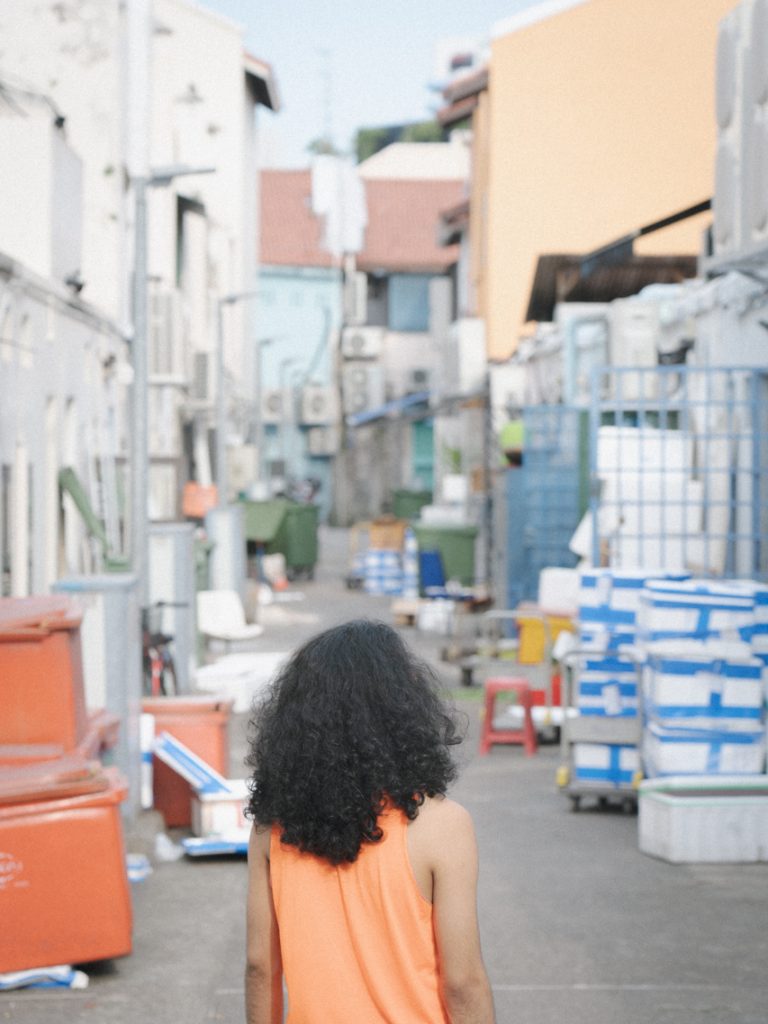
To flag a country like this as racist would be unfair. It would be unfair to all of my Chinese, Malay, Filipino, Australian, European, and Indian friends, who have always been there, who show love and support in difficult situations.
It would be unfair to all of those sending postcards asking how I’m doing, or how my family’s doing back home in these disastrous times. Some have even asked me out or sent me homemade food just to tell me that I am not alone here. It just wouldn’t be fair.
My Indian mates and I haven’t been home for a year and a half now, and what we hear in the news is enough to send us spiralling into depression.
Every other day brings some bad news—hearing friends and relatives dying because of COVID-19 keeps us on our toes. We fear: what if something happens to our families tomorrow? Would we even be able to go home to be with them?
With all this in the backdrop, it makes the treatment of Indians here by those with crippled mindsets even more questionable and sad, like kicking us when we’re down. When the actions of these small groups of people come to national attention, sometimes it looks like they are winning against racial harmony. We shouldn’t let that happen in a country like Singapore.
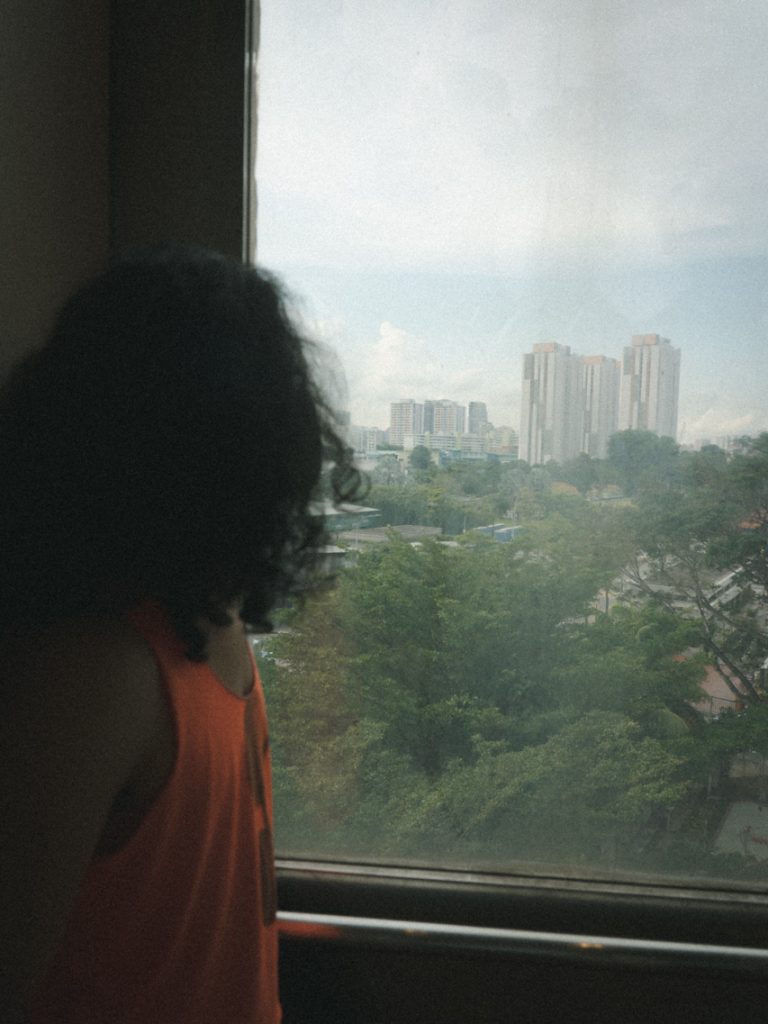
My Chinese friends tell me about the kind of racist statements they hear from the people around them, and one of the silliest things I’ve come across is that “Indian houses smell like curry”.
Well, yeah … I guess they would?
Every household smells like something or other, but how is that cause for discrimination?
I remember how I didn’t like the smell of Malay and Filipino food when I came to Singapore in 2019, but that only made me curious about it. After some time with my friends from these regions who invited me over and cooked for me and introduced me to their food, I started enjoying it. All I needed was to break my walls and accept the differences and the love that everyone brings with their own culture.
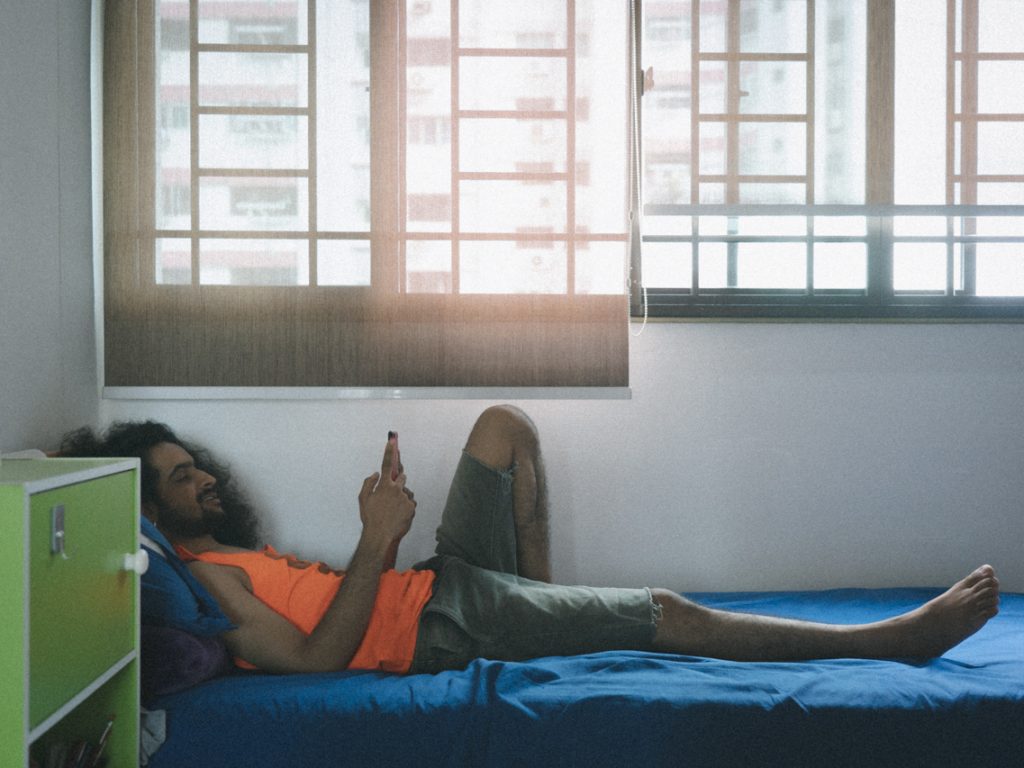
The other stupid thing I hear is that “Indian houses are dirty.”
Well, myths, myths, myths. A person’s way of living isn’t just decided by their nationality. There are so many factors, like their personalities or their financial situation.
People look down on our construction workers’ quarters and call them dirty, just because they can’t afford the kind of maintenance that a regular Singaporean household can. What do you expect from someone with a monthly salary of around $450?
But still, mind you, there are houses of the same construction workers that are cleaner and way more organised than rich fellas out there who have no sense of living and couldn’t do a thing without maids in their houses, which are ten times bigger than a construction worker’s abode. But we just wouldn’t dare to go and pay a visit to the houses of people who have built our homes. It’s easier to call them names.
To break these taboos, we have to explore and experience on our own, and not be part of the crowd which blindly follows “traditions” and “beliefs”. Two years ago, when I first visited my previous rented apartment and met the owner, a sweet and humble Chinese lady, I noticed a line of doubt on her forehead. Later, I was also told by her Chinese agent how some Indian and Bangladeshi tenants had their leases terminated because they could not maintain hygiene standards.
They rented the house to me anyway. Two years later, as I was giving my keys back on the last day, my landlord laughed and told me I was her favourite tenant.
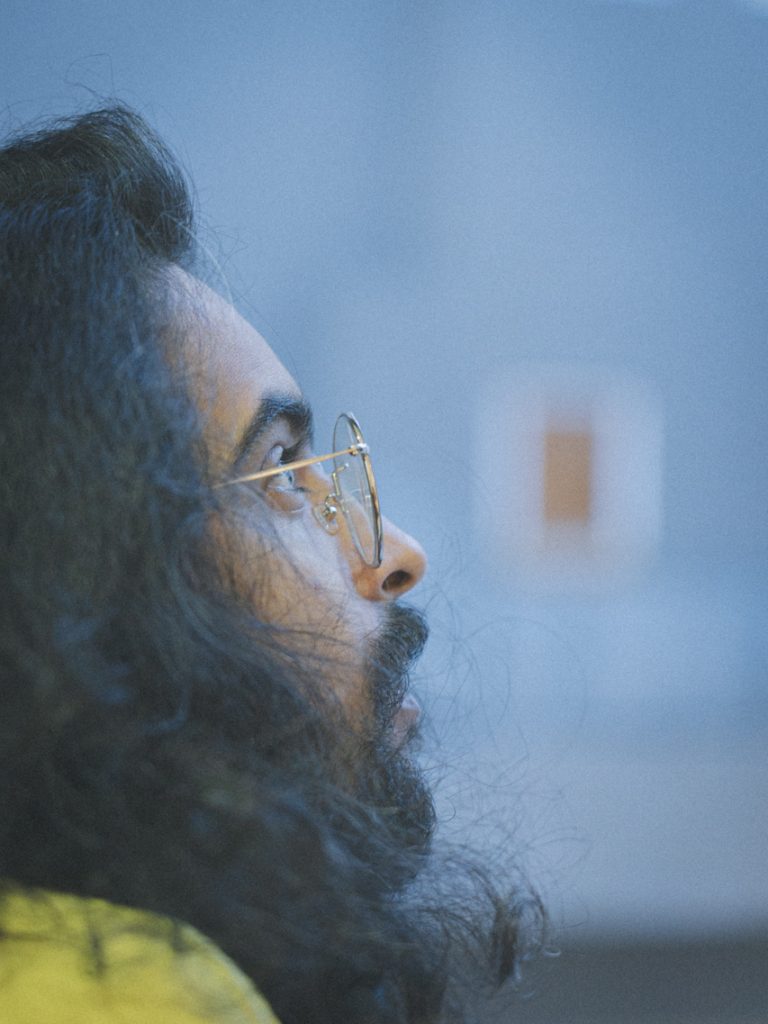
On my end, I feel we must stare back laughing instead of looking down, especially when passing by a stranger with that look in their eyes. We must pass an even brighter smile if it isn’t returned. The more people start sugar-coating their words, the more firm our voices should be when we talk about it.
All this with complete understanding that these people might be completely innocent, unaware of this virus called racism that they’re showing symptoms of, and what it might have done to their poor brains.
We need to identify them, talk to them, give them some love. That might just be the only hope for change.
Have something to say about this story? Write to us at community@ricemedia.co.

